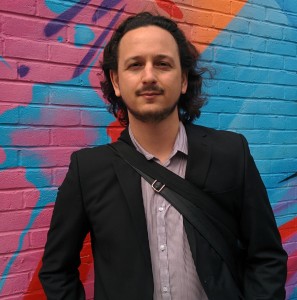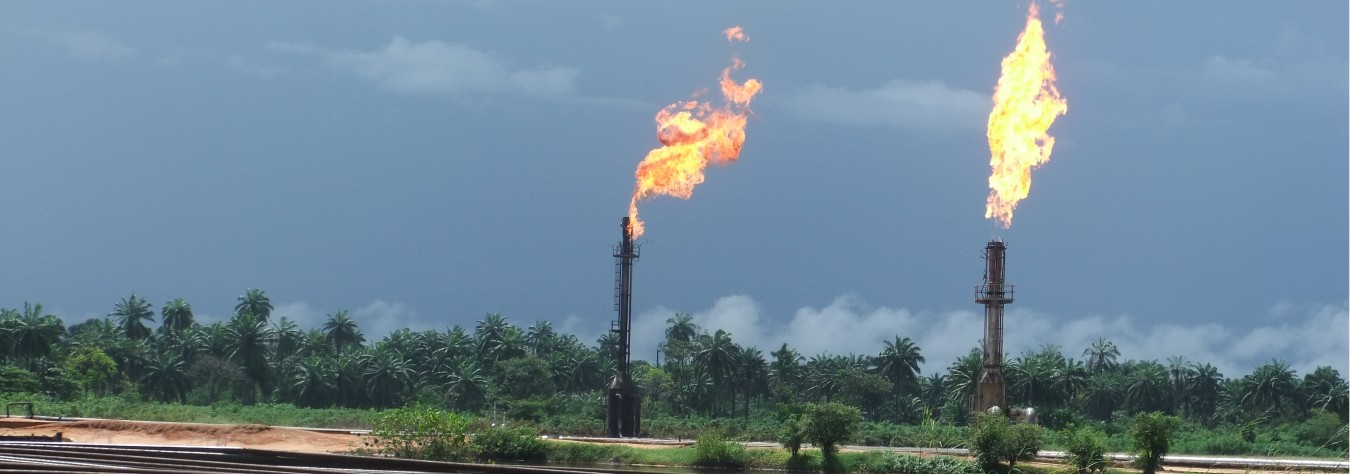 Dr Jesse Salah Ovadia is an Associate Professor in the Department of Political Science at the University of Windsor, Canada. Previously, he was Lecturer in International Political Economy at Newcastle University in the UK. He holds a PhD and MA in Political Science from York University (Canada) and a BA(Hons) in Development Studies and Politics from Queen’s University (Canada).
Dr Jesse Salah Ovadia is an Associate Professor in the Department of Political Science at the University of Windsor, Canada. Previously, he was Lecturer in International Political Economy at Newcastle University in the UK. He holds a PhD and MA in Political Science from York University (Canada) and a BA(Hons) in Development Studies and Politics from Queen’s University (Canada).
Born and raised in Toronto, Jesse has lived and worked in Canada, Ghana, Nigeria, Angola, Tanzania, Guyana, India, France and the United Kingdom and speaks English, French and Portuguese. He is both a researcher and development practitioner and continues to work with international organisations, donor agencies and private companies.
Jesse’s research is a combination of international and comparative political economy, African politics and development theory. His current work is about the political economy of oil and development in the Gulf of Guinea of Africa and links petroleum resources to capitalist development, industrialisation and agrarian change.
From the Niger Delta of Nigeria, coastal communities in Ghana and the enclave of Cabinda in Angola to his classrooms in the UK and Canada, Jesse strives to teach and learn about the local, national and global impacts of oil & gas as well as the unique challenges and opportunities they present for natural resource-based development.
Focusing on local content policies and their role in linking oil extraction to industrial development and economic growth in the non-oil economy, Jesse writes about the changed domestic and international context for embracing state-led approaches to development. His work also addresses questions of the management of petroleum resources, global value chains, new imperialism, civil society and new social movements, capitalist development through oil, local/community participation, and natural resource governance.
